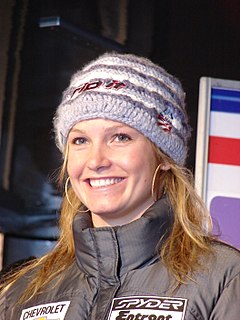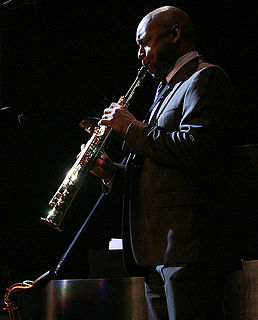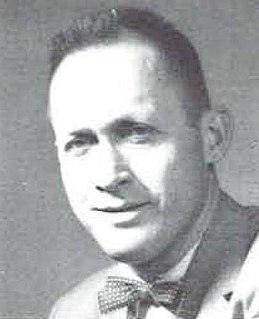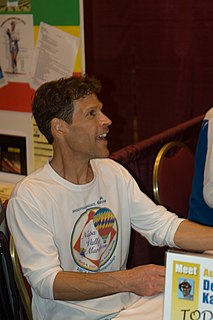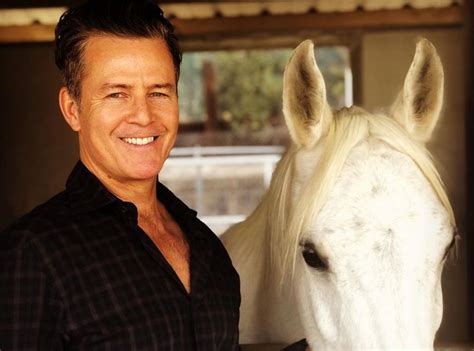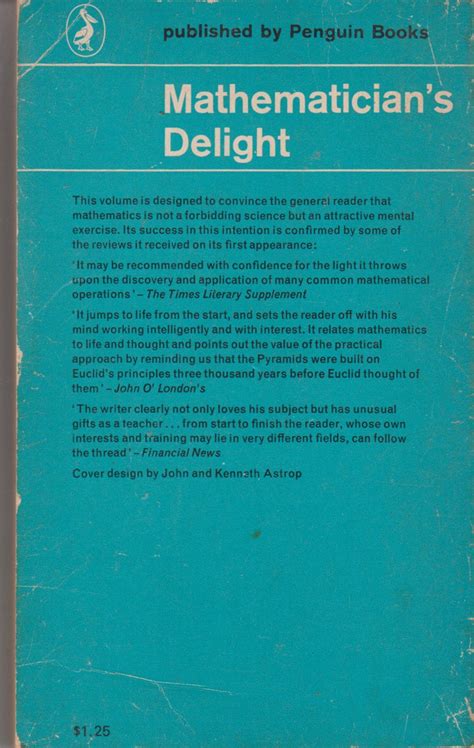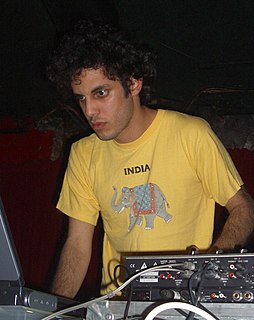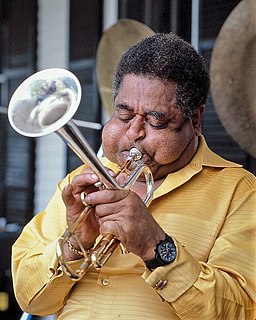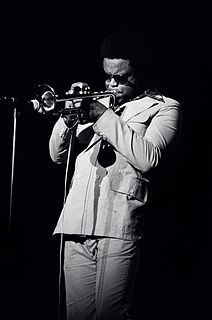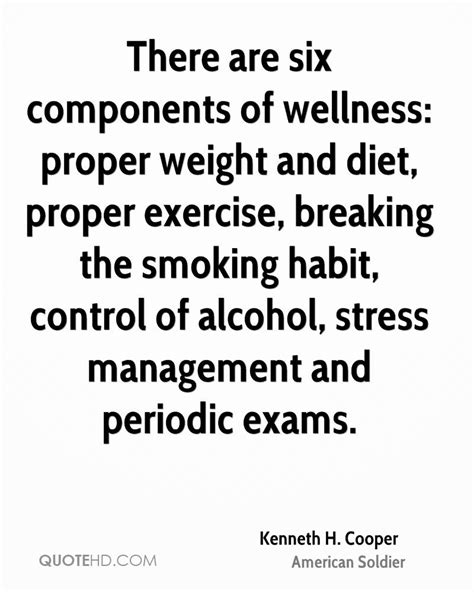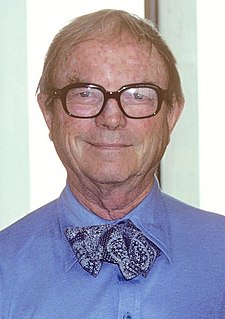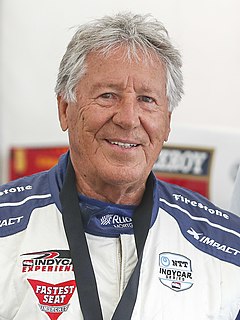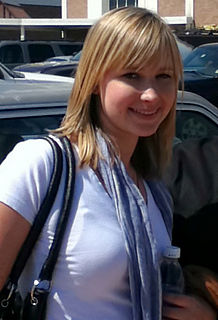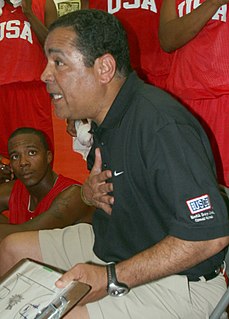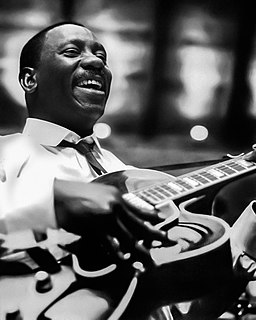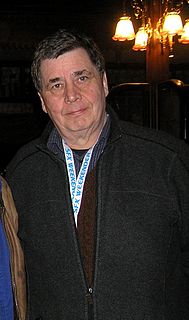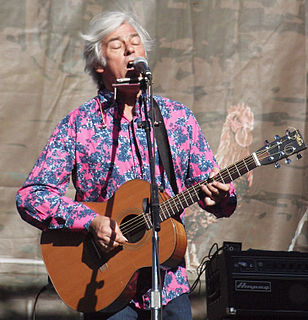Top 1200 Miles To Go Quotes & Sayings - Page 2
Explore popular Miles To Go quotes.
Last updated on April 16, 2025.
Being a wrestler, it can get rough in terms of your mindset, just having that mentality embedded in you where you just wanna go, go, go, 100 miles per hour, always redlining your body and never actually taking the time out to let your body recover the right way. As I got older, I started to realized that less sometimes is more.
To me the biggest waste of time is commuting. First, there is no place that is less than a two-hour commute from New York. You can be half a mile outside of the city limits; you're two hours away by car. I don't care how close they tell you it is. "Oh, it's only thirty miles." Thirty miles? At 8:30 in the morning, thirty miles outside New York, you might as well be starting out in Omaha.
The way to get through anything mentally painful is to take it a little at a time. The mind can't handle dealing with a massive iceberg of pain in front of it, but it can deal with short nuggets that will come to an end. So instead of thinking, Ugh, I've got twenty-four miles to go, focus on making it to the next telephone pole in the distance. Whether you're running twenty or one hundred and twenty miles at a time, the distance has to be tackled mentally and physically one mile at a time. The ability to compartmentalize pain into these small bite sizes is key.
Living in Portland, which is a predominantly white city, the privilege and the luxury to be able to obsess over a certain kind of minutia, that I think, if you did not have that privilege, would never be bothersome. When people are worried about whether "local" means 100 miles, or 50 miles, or 10 miles from a grocery store, I just think, "Wow. What a privilege it is to have that as a major concern in your life." As opposed to, "Can we afford food tonight?" Sometimes I'm just shocked at what becomes concerning in these kind of communities.
I look at people like Picasso and Da Vinci and Escher and Miles Davis, and they'll write or paint that one definitive masterpiece of maybe 50 that they have that's really trying to go outside the box, trying to do something that's tough. And then when you accomplish it, you look back and go, 'Yeeaaaah - masterpiece.'
It's amazing being a member of perhaps the last analog generation - being born in the late '40s, growing up in the '50s and '60s, when it was still a very analog world. And in New Orleans those days, the country was just next door, as it were. You didn't have to travel miles and miles to get out in the woods. There's tons of fishing, obviously, in New Orleans, and tons of hunting. That was part of the cycle of life, to get fresh meat from the butcher or go duck hunting and get it yourself. It wasn't malicious or insensitive. It was just there, and you used it.
You know, John Coltrane has been sort of a god to me. Seems like, in a way, he didn't get the inspiration out of other musicians. He had it. When you hear a cat do a thing like that, you got to go along with him. I think I heard Coltrane before I really got close to Miles [Davis]. Miles had a tricky way of playing his horn that I didn't understand as much as I did Coltrane. I really didn't understand what Coltrane was doing, but it was so exciting the thing that he was doing.



